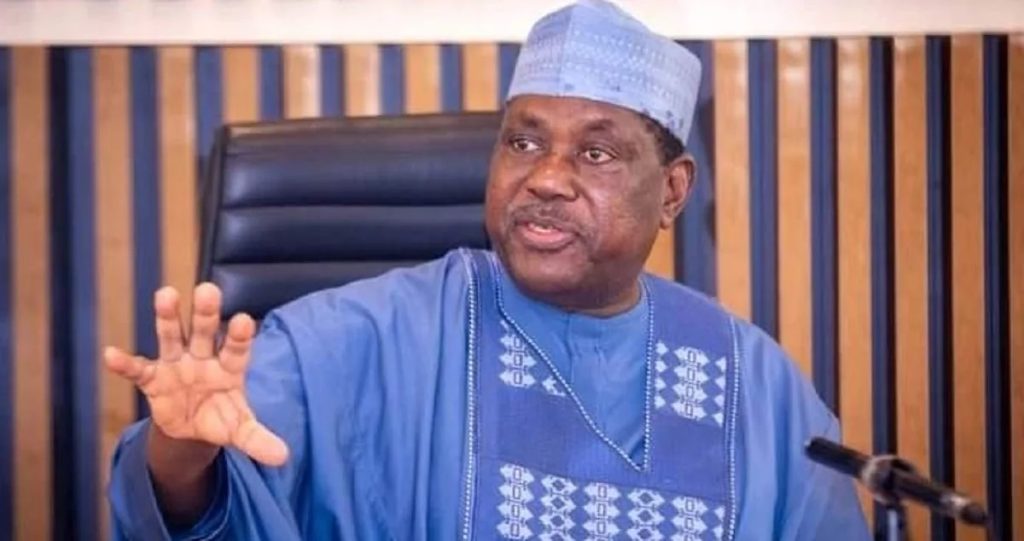The Secretary to the Government of the Federation (SGF), George Akume, has made serious accusations against labour leaders, claiming they committed treasonable felony by shutting down the national grid.
This action occurred during the nationwide strike by the Nigeria Labour Congress (NLC) and the Trade Union Congress (TUC) on June 3, causing significant disruptions and raising national security concerns.
In a recent address to the Christian Association of Nigeria (CAN) in Abuja, SGF George Akume highlighted the severity of the shutdown, emphasizing that the national grid is a vital security infrastructure. Akume stated that the labour leaders’ decision to shut down the grid during their strike constitutes a security breach.
Quotes from George Akume:
“Shutting down the national grid is a security breach on the part of Labour.”
“The national grid is a national security infrastructure.”
The NLC and TUC initiated the nationwide strike to press for a new national minimum wage and the restoration of the old electricity tariff. The strike included shutting down the national grid and disrupting various sectors, including hajj flights. This drastic measure was intended to draw attention to their demands but has been met with severe criticism from the government.
Akume urged the Organised Labour to be more circumspect in their actions, particularly when it involves critical national infrastructure. He reaffirmed President Bola Tinubu’s commitment to improving the welfare of Nigerians but lamented the significant revenue losses incurred by the Federal Government due to the labour actions.
The Senate also voiced its concerns over the shutdown of the national grid and other disruptions caused by the strike. They highlighted the broader implications of such actions on national security and the economy.
The accusations of treasonable felony against labour leaders by SGF George Akume underscore the tensions between the Nigerian government and labour unions.
As the government and Organised Labour continue their negotiations, it remains crucial for both parties to consider the broader impacts of their actions on national security and public welfare.

